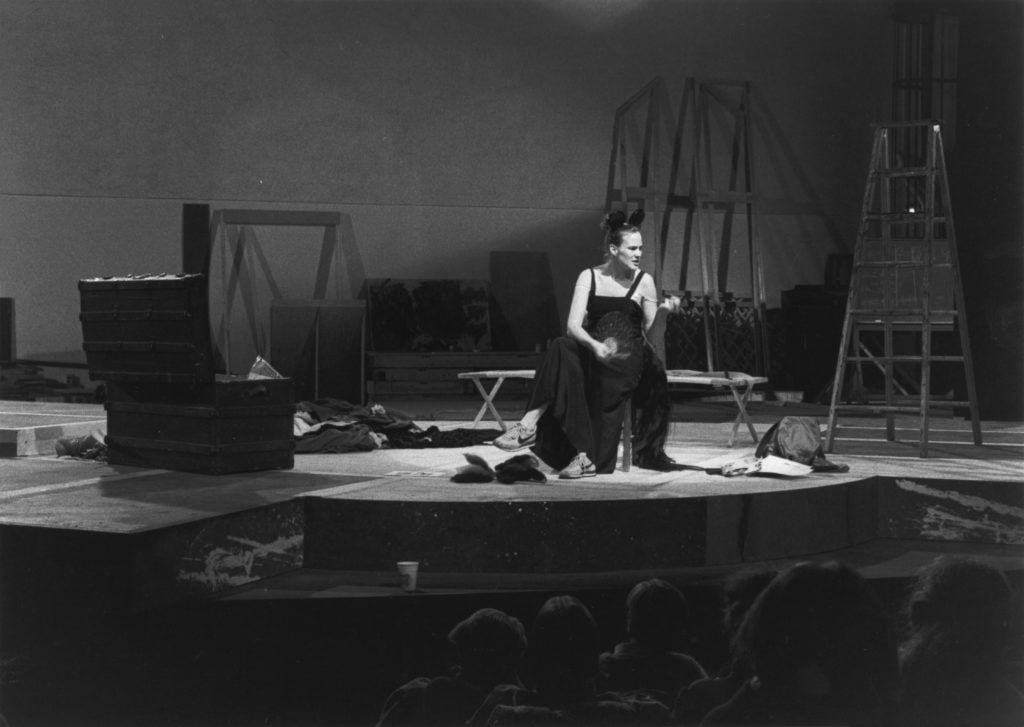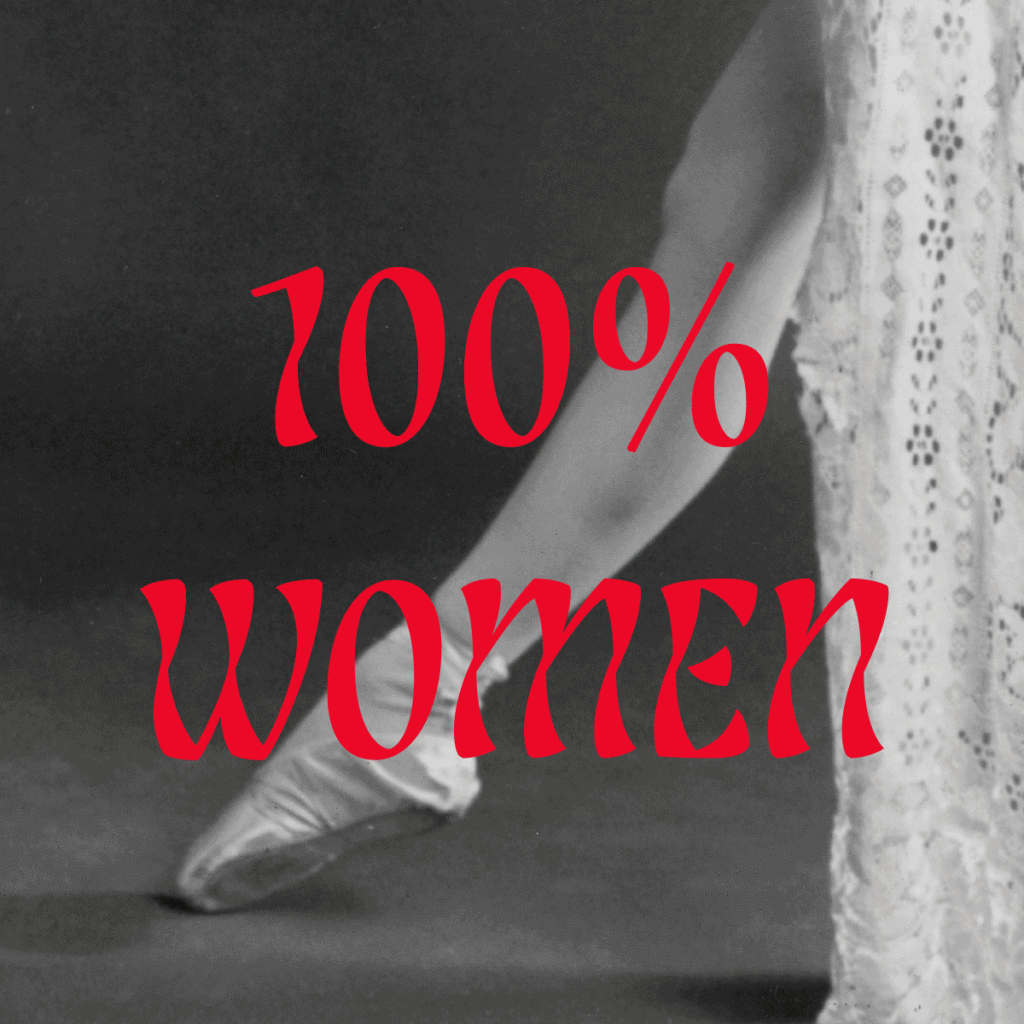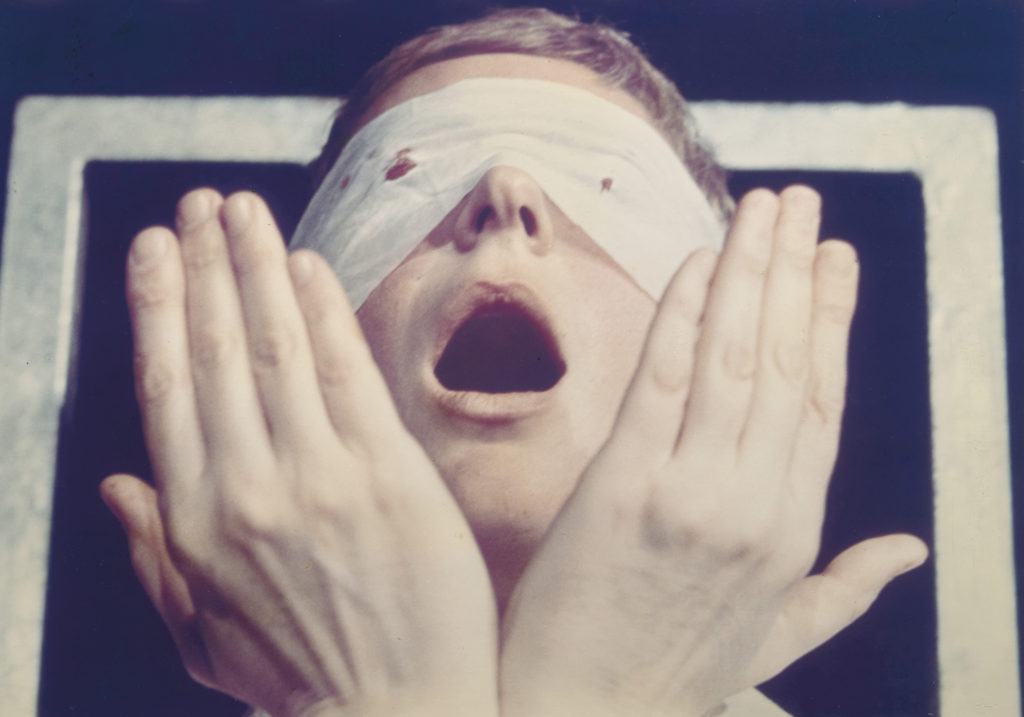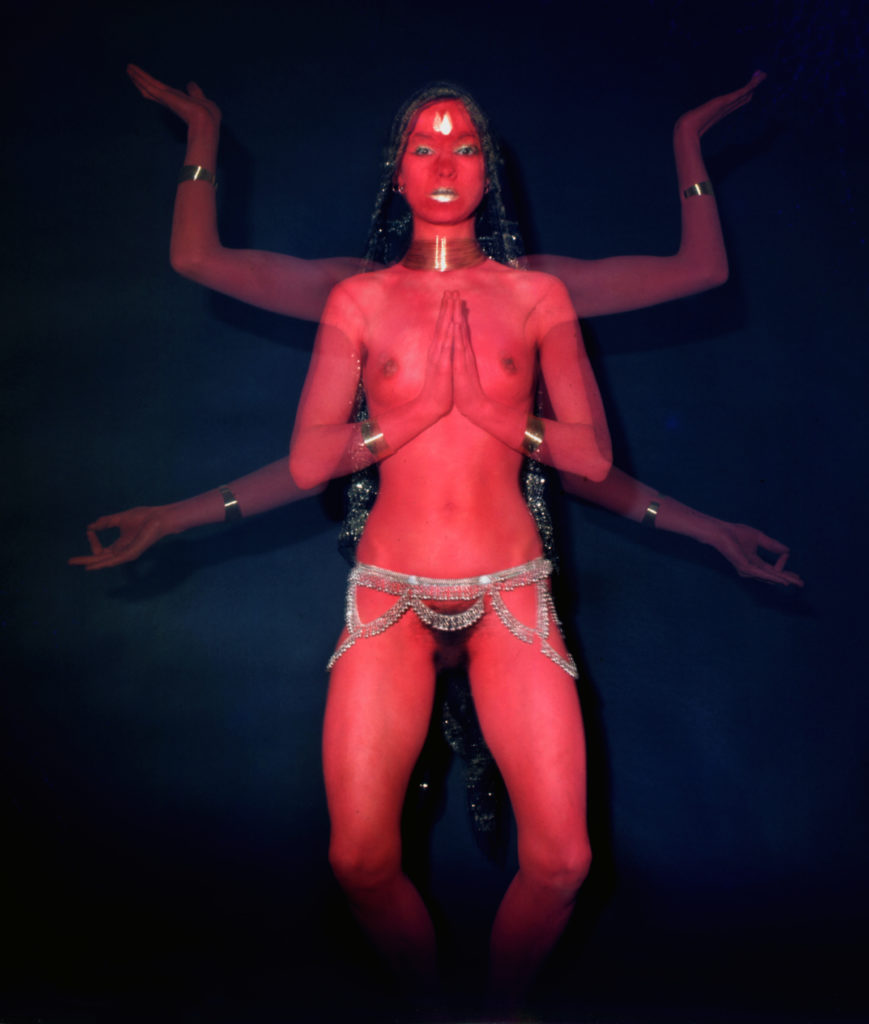Why London Gallery Richard Saltoun Is Dedicating the Next Year of Its Program Exclusively to Female Artists


Artnet Gallery Network

The lack of female representation in the commercial art world isn’t new. As long as there have been art galleries, there has been a disproportionate representation of women in them. Despite this well-known fact, the numbers aren’t getting much better.
In its annual report published last summer, the Freelands Foundation found that in 2017, women accounted for just 28 percent of the artists represented by London’s galleries, and that only 5 percent represented men and women equally. Only 22 percent of solo shows in the city’s non-commercial galleries were dedicated to female artists—an 8 percent decrease from 2016—despite the fact that women far outnumber men in art schools.
Now, Richard Saltoun Gallery in London is trying to do something about the problem. Today, the gallery launched a yearlong initiative called “100% Women,” for which it will dedicate the next 12 months of its exhibition program to work by female artists. That includes art-fair presentations and a robust series of public events, including artist talks, film screenings, and digital exhibitions on the gallery website. All will exclusively feature the work of female artists.
The scope of the initiative wasn’t entirely intentional—not at first, at least.
“The decision to launch ‘100% Women‘ came about very organically,” explains Allison Thorpe, the gallery’s director of marketing and development, who spearheaded the initiative. “When planning the gallery’s exhibition program for 2019, we realized the year ahead featured all female artists. This wasn’t intentional but something we wanted to celebrate, particularly in light of the statistics around female representation in the commercial art world. We then decided to extend the program to art-fair presentations and our auxiliary events to give the campaign greater reach and make a broader impact.”

An advertisement for Richard Saltoun Gallery’s yearlong initiative, “100% Women.” Courtesy of Richard Saltoun Gallery.
Kick-starting the year is British performance artist Rose English. A solo exhibition of her early work, “Form, Feminisms, Femininities”—her first with Saltoun—opens today and will be on view through April 13. The show explores two important eras of English’s early career: first, as a young 20-something artist in the early 1970s, experimenting with materials and finding her own creative vocabulary; and second, as a more established artist in 1983, performing what would become one of her best-known works—and an important touchstone in 20th century performance art—Plato’s Chair.
For Thorpe, English was the perfect figure to launch the gallery’s program.
“Rose is one of the most important performance artists in Britain and has been integral to the development of the discipline, yet her work remains relatively unknown,” she says. “She has received recognition through a few institutional shows—for example, her solo show at Camden Arts Centre, London in 2016, which was a critical success. But shockingly, this will be her first exhibition ever in a commercial gallery. Supporting an artist like Rose, someone who is so important in her own field yet has not received the full recognition she deserves, is exactly what 100% Women is trying to achieve.”

Gina Pane, (1973). © The Estate of Gina Pane. Courtesy Richard Saltoun Gallery, London.
Concurrent with “Form, Feminisms, Femininities” is an online exhibition titled “Women Artists After Empire.” Curated by Lynda Morris, the show brings together the work of nine important contemporary female artists whose work addresses Western imperialism, including Eleanor Antin, Carolee Schneemann, and Hannah Wilke. Other artists who will be shown throughout the year are Penny Slinger, Gina Pane, Jo Spence, Renate Bertlmann, and many others.
The gallery has received a variety of responses since first announcing the program, some of which, not surprisingly, have been negative—“that this is just a marketing campaign, or that our decision to exhibit work should be down to the quality of the work, not the artist’s gender,” explains Thorpe.
However, most responses have been overwhelmingly supportive.
“Since its announcement, we have been contacted by a number of external organizations and artists who want to work with us,” Thorpe notes. “We very much see the program as a campaign inspired by activism, and this is exactly what we hoped to accomplish: to create positive change through dialogue and collaboration.”

Penny Slinger, Penny as Red Dakini (1977).
© Penny Slinger. Courtesy Richard Saltoun Gallery, London. Photo: Mayotte Magnus, 1977.
“Rose English: Form, Feminisms, Femininities” is on view at Richard Saltoun Gallery through April 13, 2019. “100% Women” will take place at the gallery through February of 2020.
